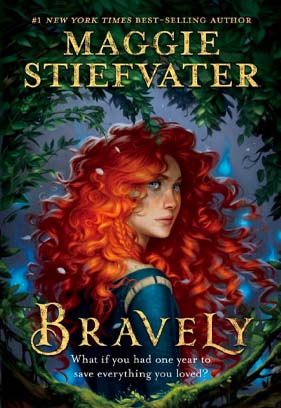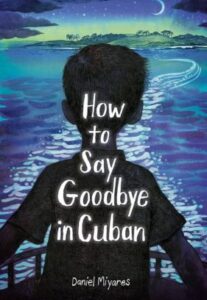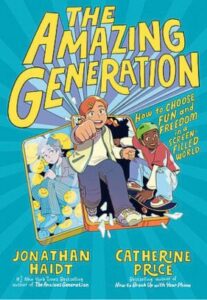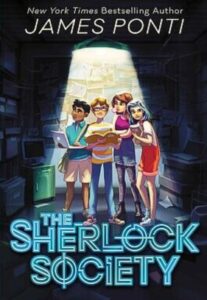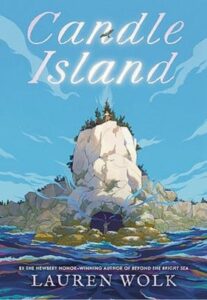It’s years after Princess Merida ventured on her magical quest in Brave—dealing with witches, spells and one very familiar bear. Since that time, Merida has grown up, and she’s recently learned some terrible news: Feradach, the god of ruin, has chosen to destroy her whole DunBroch clan, including her mother, father, brothers and herself! Fortunately, she’s got a year to prevent it; but it’ll take a bit of bravery and change in order to do that.



